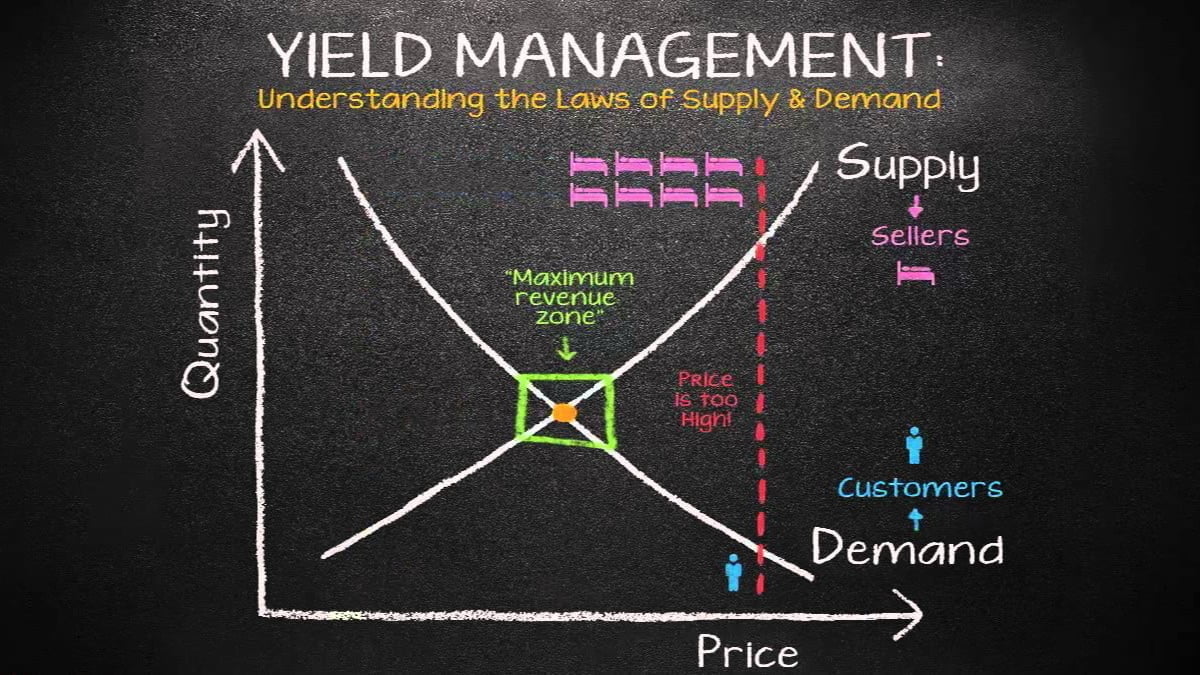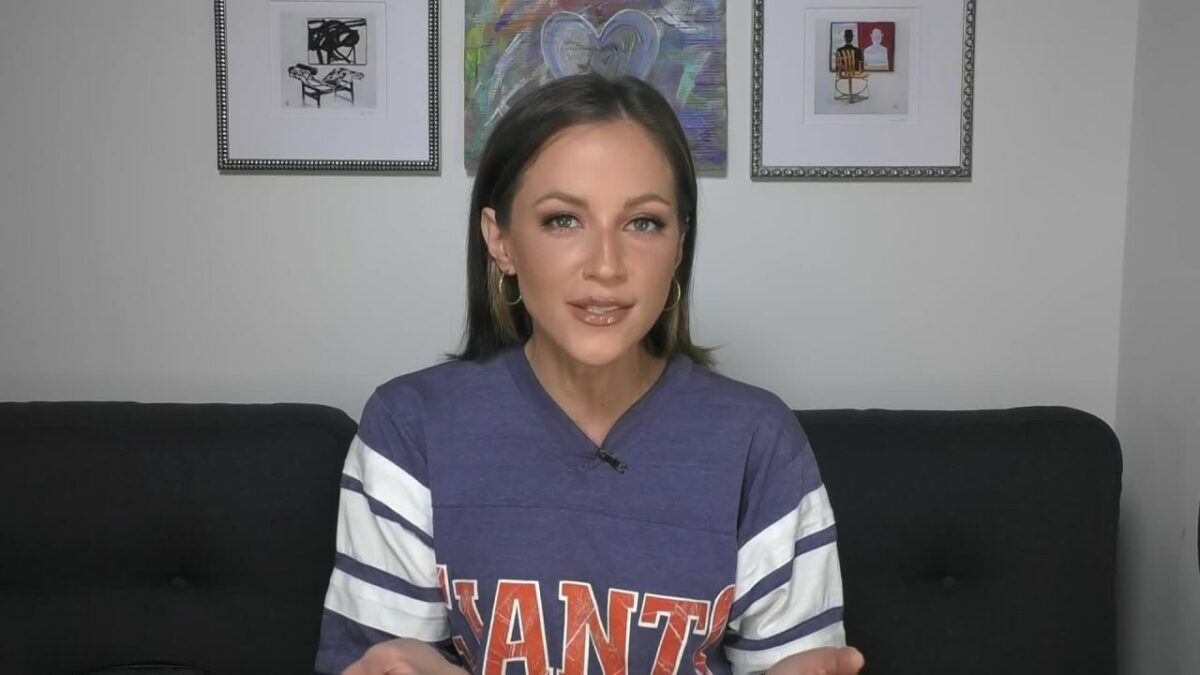Knowing what to sell, how much to charge and how to package it all are common problems in selling sports radio. Packaging Play-by-play, am or pm drive, digital, promotions, video, and merchandise are part of the art of the deal. Fortunately, Alec Drake is a revenue and yield management artist.
Alec most recently served as the Director of Sales for Cumulus Dallas (including The Ticket) from 2009-to 2021. He now works as a consultant and produces content for the radio sales industry. Alec can help support any sales organization with revenue and yield management, revenue generation strategies, and improving sales performance. You can read his published articles in Radio Ink and get more details on him at www.alecdrake.com. He offers BSM some great advice below.
Jeff Caves: Help us understand revenue and yield management? What are some case examples relevant to Sports radio?
Alec Drake: Yield management focuses on getting the most revenue from your inventory, and revenue management looks at all the components in sales that generate revenue and how to maximize dollars. Let’s think about PXP, where you can have in-game inventory, shoulder programming, and merchandise elements.
Depending on your agreement with the franchise, there are usually some pre-game, in-game, and post-game slots your team can sell. While you could sell this inventory as a stand-alone opportunity, it also can be bundled into a comprehensive season-long sponsorship that includes all assets available.
Yield Management – Stand-Alone – A game day plan that provides billboards on specific game days for the client and 1 or 2 ads to run in-game. This inventory is priced higher based on the flexibility offered to the client in picking game days and the shorter-term commitment.
Revenue Management – Season Sponsorship – This six-month program would require a much more significant dollar commitment and, at the same time, offer lots of value for the client. Elements in this sponsorship can include Pre/Post and In-Game ads, sponsorship of the “Coach’s or Players Show” each week, a bank of advertisements that would run in other dayparts (such as pm drive and weekends), and merchandise in the form of game tickets for the season.
JC: What are your thoughts on giving annual discounts, raising rates, and bonus spots?
AD: Annual discounts can be productive if the terms and conditions attached to the agreement are favorable for both the client and the stations. Raising rates should always be a goal as expenses go up each year for stations, and revenues must go up too. How and where you raise rates is the key to keeping balance for market demand and what the station can deliver in results and solutions. Bonus spots are too much of a crutch in radio, and while used as goodwill during the pandemic, they must now be dramatically reduced or phased out. Strong brands and sales teams will be able to transition away from the bonus approach; weak players will find it challenging in a competitive marketplace.
JC: If you are a station consistently #2 in the format in a market, should you consider category exclusives?
AD: Giving an exclusive is a negative strategy and gives too much power to one client. They typically will not get you the value in dollars to replace what a strong sales effort could deliver for the category in the market, and it’s a sign of weakness in sales management.
JC: To get them through the summer before Football, what are a few go-to sales strategies you had for stations?
AD: The Ticket was brilliant in creating an annual promotion in June called “Summer Bash.” Broadcasting live on-site from about 12-7 pm at a venue with food, beverages, and entertainment creates an opportunity to bring in a variety of event sponsors and booth vendors and interface with listeners, a winning combination. The station would often find a location next to a lake or a multi-purpose footprint with a large swimming pool. One of the most original events for The Ticket was “Fight Night,” typically in August each year. These two events always lifted the summer billing, and combined with Football’s training camp period, they all built sales momentum into the fall.
JC: What is one piece of advice any sports seller could use to improve their sales?
AD: When you have a deep menu of choices to provide solutions for a client, you must pick carefully and not throw too much into a proposal. Understand the natural passion a client may have for one element over another and look to match that with practical advertising programs that will deliver results. Avoid selling a client something they want to buy that will not work for their business goals. Remember, you are the media consultant.
Jeff Caves is a sales columnist for BSM working in radio and digital sales for Cumulus Media in Dallas, Texas and Boise, Idaho. He is credited with helping launch, build, and develop Sports Radio The Ticket in Boise, into the market’s top sports radio station. During his 26 year stay at KTIK, Caves hosted drive time, programmed the station, and excelled as a top seller. You can reach him by email at jeffcaves54@gmail.com or find him on LinkedIn.






